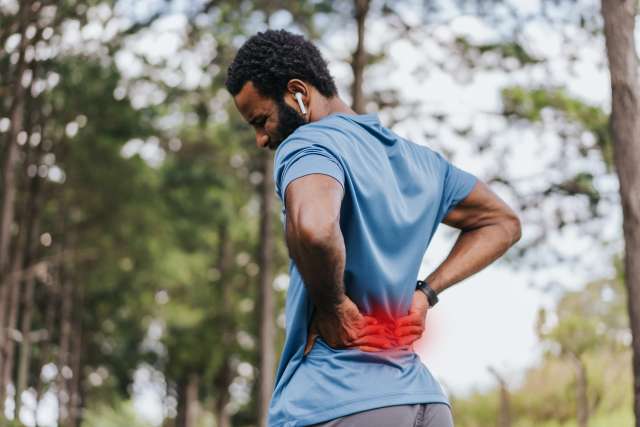Hello again, dear readers, and welcome to full-on summer. We hope you’re enjoying the fun and freedom of the season and are taking care to stay safe. Please make good use of sunscreens and bug sprays, do regular tick checks and be vigilant around swimming pools and open water. And with heat waves prevalent in so many parts of the nation, we urge you to match your activities to the day’s weather. We’re still getting virus and vaccine questions and will continue to address them. But in this month’s letters column, we will focus on a few other areas of interest.
-- Regarding the topic of thinning hair in older women, a reader from Spokane, Washington, said she had success when, a few years ago, she used several of the approaches outlined in our column. This included using minoxidil, a topical medication prescribed by her doctor; switching to nonsulfate shampoos; adding a thickening hair product to her hair routine; and putting away her curling iron. “It took a few months, but my hair is now considerably thicker, with good coverage over my entire scalp,” she said. ”I am 80 years old, and my hair looks better than when I was 40.”
-- Also on the topic of hair, a reader wondered about massage. “Does gently massaging the scalp stimulate hair growth?” she asked. “And, more generally, is self-massage good for you?” Although some research has linked scalp massage to improved hair growth, these studies were quite small, and the results were self-reported. This makes them difficult to evaluate. A more rigorous study in which nine men received a daily scalp massage found an increase in individual hair thickness at the end of six months. As for self-massage in general, it can be beneficial. Whether it’s the scalp, large muscle groups or individual areas, self-massage stimulates circulation and aids lymph flow. However, someone living with edema or lymphedema should attempt self-massage only under the direction of a heath care specialist.

-- A reader from north central Washington who has reduced kidney function needs to reduce his creatinine levels. He asked how this can be done with lifestyle changes and diet. “Most of my specialists are far away,” he wrote. “Could you make some recommendations, and also direct me to the proper information?” Diabetes and high blood pressure both contribute to kidney disease. If you have either of these conditions, managing them is very important. Over-the-counter pain meds, including nonsteroidal anti-inflammatory drugs, may reduce blood flow to the kidneys and should be avoided. When it comes to diet, choose fresh over prepared or processed foods. This eliminates passive salt. Limit high-phosphorus foods, such as meat, dairy, beans, nuts and legumes. Damaged kidneys allow a buildup of potassium, so avoid foods that are high in that nutrient.
An excellent source of information is the National Kidney Foundation’s website, at kidney.org. It can be challenging to see a specialist when living in a more rural area. We hope these recommendations help as you work to arrange an appointment.
As always, thank you to everyone for your thoughts, suggestions and kind words. We look forward to hearing from more of you.
(Send your questions to [email protected], or write: Ask the Doctors, c/o UCLA Health Sciences Media Relations, 10960 Wilshire Blvd., Suite 1955, Los Angeles, CA 90025. Owing to the volume of mail, personal replies cannot be provided.)





